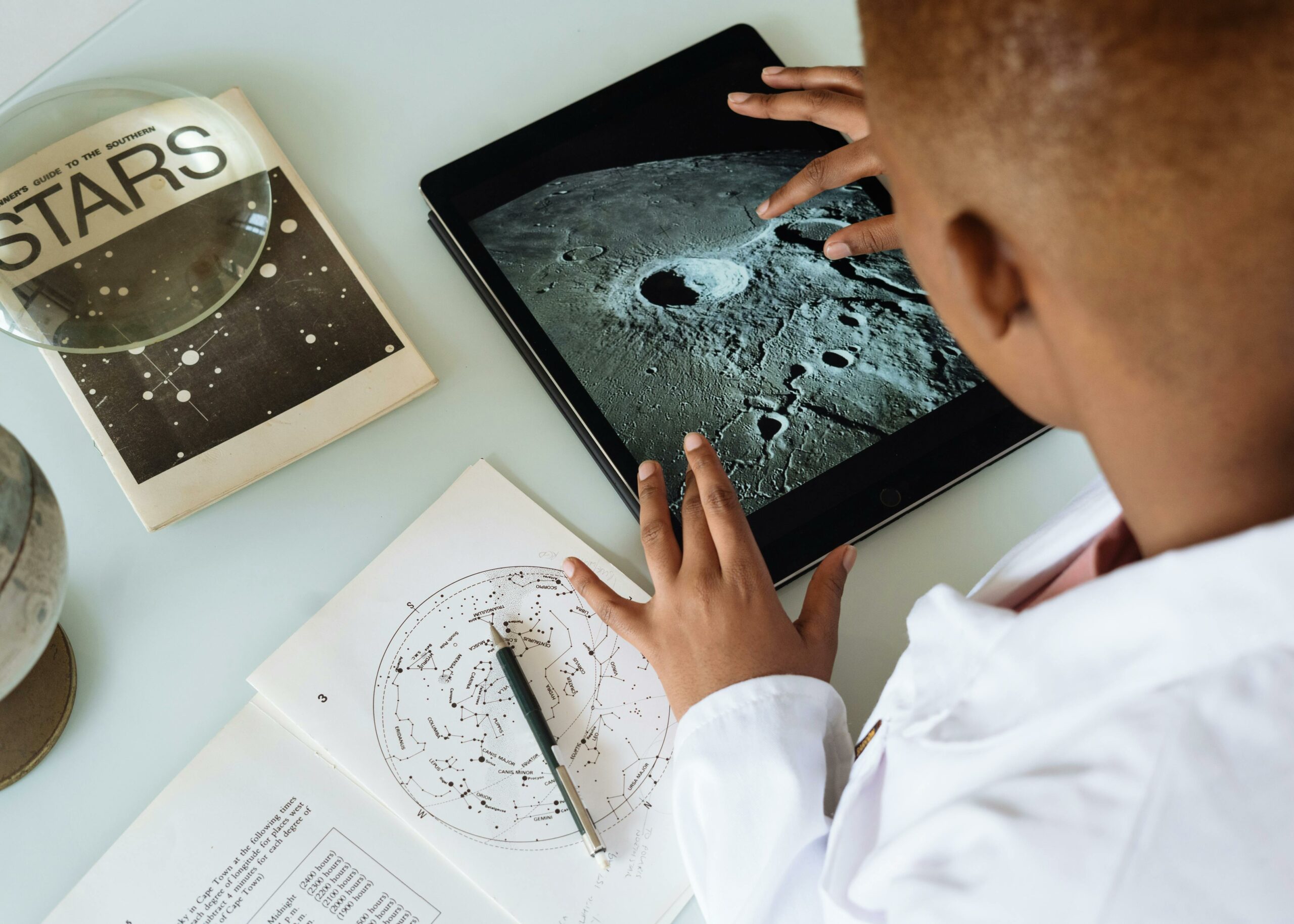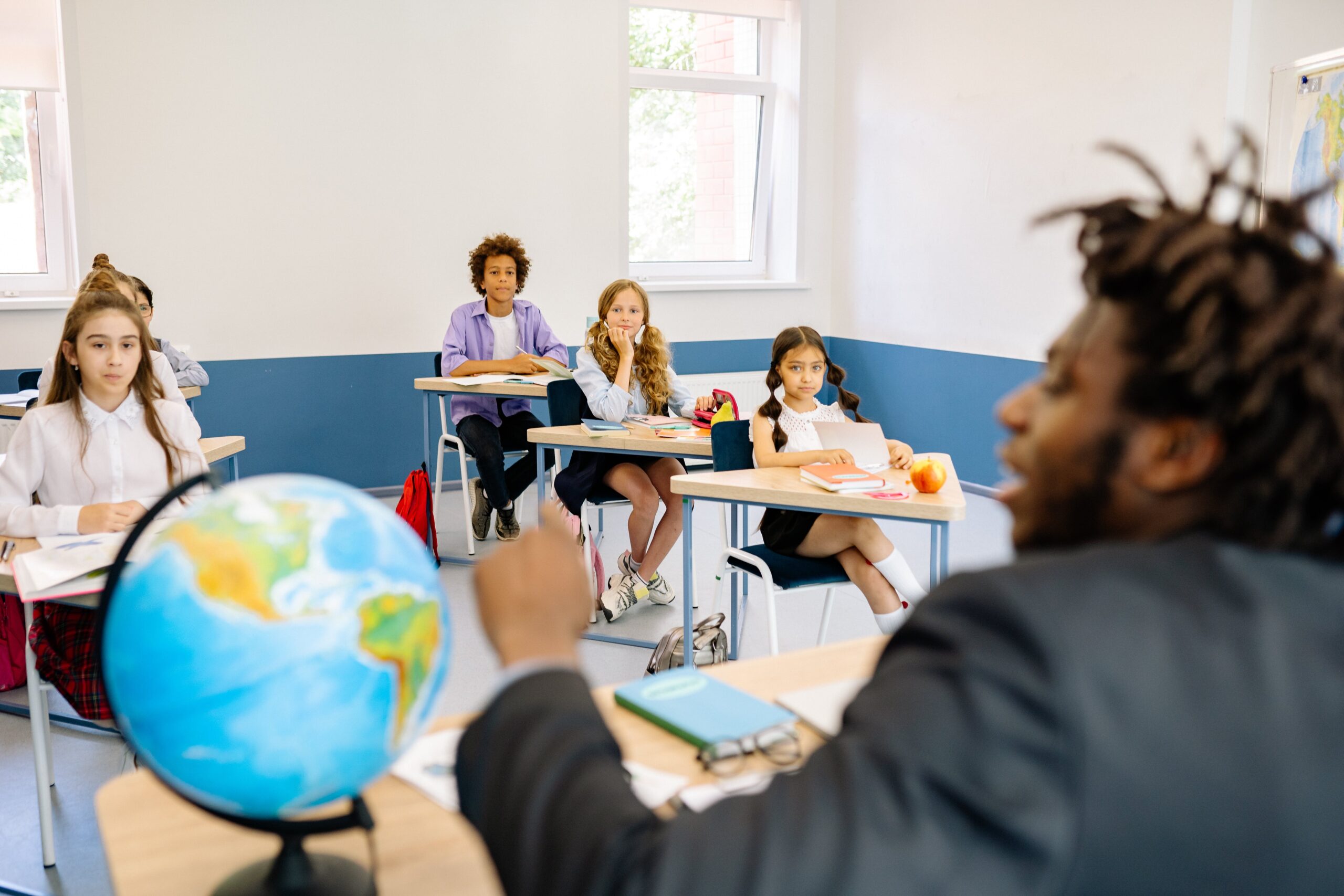

 " alt="blog big" width="873" height="449">
" alt="blog big" width="873" height="449">
High school is a pivotal period in a young student’s life as they transition from adolescence to adulthood. Throughout this period, schools and parents mostly tend to focus on academic performance and teaching content out of a syllabus. In today’s rapidly evolving world, academic excellence just isn’t quite enough. The real world demands more than just good grades and employers are looking for well rounded individuals equipped with soft skills. A study found that classrooms often don’t provide enough preparation in non-academic and occupational skills to be successful in the job market after graduation (Lerman, 2013). Unfortunately, many schools around the world overlook the importance or simply do not have the extra time to equip students with these skills. As students approach graduation it becomes vital to equip them with the essential soft skills that will empower them to navigate the complexities of the real world.
In this article, we will explore six important soft skills every high school student should master before graduation. These include creative and critical thinking, effective oral and written communication, financial literacy, initiative and entrepreneurialism, and collaboration (leading by influence). As the professional market grows more and more competitive, these skills should serve as a foundation for personal and professional success. Moreover, soft skills enable students to face challenges with confidence and make informed decisions as they embark on their journey beyond the classroom.
Creative and Critical Thinking
Creative and critical thinking are two sides of the same coin, complementing each other to foster well-rounded problem solving skills. Creative thinking involves creating new and innovative ideas, encouraging students to look beyond the obvious solution and approach challenges with open minds. On the other hand, critical thinking requires analyzing and evaluating information, weighing evidence and drawing logical conclusions.
Students can work on their creative and critical thinking by incorporating project based learning and open ended discussions. The IB Diploma Program in particular does a great job of this by encouraging students to explore diverse perspectives, question assumptions and think independently. By honing these skills, high school students become adept at adapting to dynamic environments and devising innovative solutions to complex problems.
Communication
Effective communication is a cornerstone skill that impacts all aspects of life, from personal relationships to career progression. High school students need to be proficient in both oral and written communication to articulate their thoughts clearly, persuasively convey their ideas and actively listen to others.
To foster effective communication, educators and parents can incorporate activities that involve public speaking, debates and writing assignments that require clarity and coherence. Additionally, by providing constructive feedback and opportunities for self-expression also plays a crucial role in developing communication skills. Students who master these skills will become confident, empathetic and persuasive leaders; opening doors to successful collaborations and leadership roles in the future.
Financial Literacy
One of the most important life skills out there is financial literacy. It is the foundation of anyone’s ability to create a stable life. Financial literacy in students can help them better visualize how to achieve their goals and empower them to make informed decisions about money, saving, budgeting and investing.
The earlier students start to learn, the more mastery they will acquire. Parents can introduce financial concepts as soon as students can understand basic numbers and transactions by using examples and age appropriate language. There are many different ways financial literacy can be included into daily life including a weekly allowance, setting financial goals, using real-life scenarios, teaching the value of delayed gratification, involving them in family finances, and discussing debt.
Initiative and Entrepreneurship
Additionally, initiative and entrepreneurialism empowers students with the drive and determination to create their own opportunities and pursue their dreams. These attributes go beyond traditional academic knowledge and equip students with the mindset to take calculated risks, identify challenges as opportunities and turn ideas into reality. Embracing these traits from an early age nurtures a growth mindset where students have a safe environment to experience failures and see it as a stepping stone to success and perseverance. By encouraging initiative and entrepreneurial thinking, students become proactive problem solvers, capable of solving real world issues. This can also foster a strong sense of self-reliance, adaptability and resilience which is crucial in our ever changing job market.
Students who want to improve their initiative and entrepreneurial skills can consider participating in an entrepreneurship program that involves mentorship, business planning and practical experience. On top of this, students should be encouraged to start a small business or non profit to foster a sense of responsibility. It is also a great opportunity for students to participate in internships or part-time work to practice these skills. Connecting students with mentors or successful entrepreneurs who can provide guidance, advice and support can too be a transformative experience for young individuals looking to build their skill set.
Collaboration
Collaboration is an invaluable skill that extends beyond working in teams; it encompasses the ability to lead and influence others positively. High school students need to understand the power of teamwork, building productive relationships and inspiring others to work towards shared goals.
Cultivating collaboration skills in students can include group projects, team building activities and discussions on effective leadership. Emphasizing the importance of empathy and active listening is essential for developing strong collaboration skills. Students who can master these skills become effective team players able to navigate conflicts and motivate their peers to achieve success collectively.
As high school students prepare for their journey beyond the classroom, mastering essential life skills becomes a necessity. Creative and critical thinking, effective communication, financial literacy, initiative and entrepreneurialism, and collaboration lay the groundwork for personal and professional success. By integrating these skills into everyday life, students will be empowered to face the challenges of the world outside of school with confidence and make informed decisions that lead to fulfilling and successful lives.
References
January, A. M., Casey, R. J., & Paulson, D. (2011). A meta-analysis of classroom-wide interventions to build social skills: Do they work? School Psychology Review, 40, 242–256.
Lerman, R.I. Are employability skills learned in U.S. youth education and training programs?. IZA J Labor Policy 2, 6 (2013). https://doi.org/10.1186/2193-9004-2-6
Recommended Articles
-
College Counseling
Unlocking Your Potential: Perfecting Your...
-
Learning
Become a Research Expert: Master...
 " alt="recommneded blog 1" width="187" height="157">
" alt="recommneded blog 1" width="187" height="157">
 " alt="recommneded blog 1" width="187" height="157">
" alt="recommneded blog 1" width="187" height="157">
 " alt="recommneded blog 1" width="187" height="157">
" alt="recommneded blog 1" width="187" height="157">
 " alt="recommneded blog 1" width="187" height="157">
" alt="recommneded blog 1" width="187" height="157">






